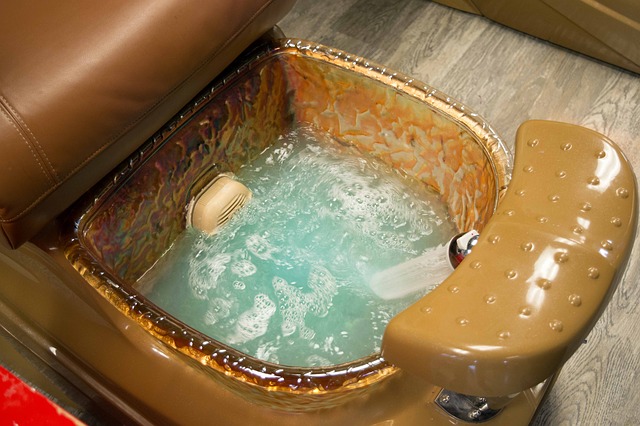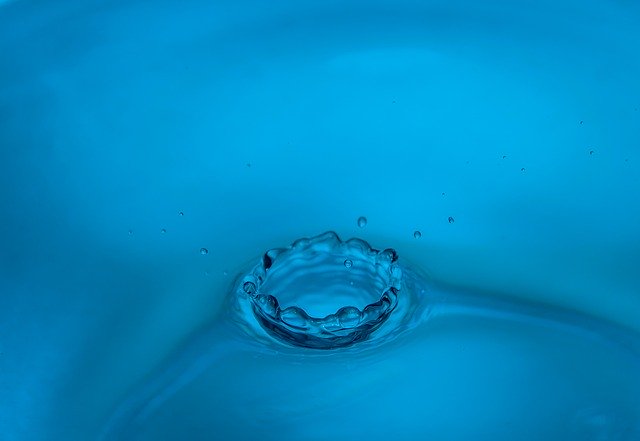
Residential Water Treatment
Most homes today receive their water supply from the local municipal water system. However, there are still homes that get their water from other sources. If you happen to get your water from a private well or from some other source that is not intended for public use, it is your responsibility to keep the water clean and healthy so that it can be used by your family safely. Any local or state standards for regulating the municipal water supply system will not be applicable to you.

For homeowners who have private wells, problems with your water supply can be a major issue. Most contaminants occur naturally in water and are not usually harmful. However there are some toxic compounds that are harmful for drinking and for overall human use. If your water supply comes from a private well, then you will need to have a residential water treatment system in place.
What is a residential water treatment system?
A residential water treatment system reduces and removes the contaminants that are found in your water so that it may be safe to drink as well as for other uses. You will find that there are different residential water treatment systems. There are some that remove only certain kinds of contaminants. Other systems can be used to treat the hardness of water. A system such as this does not treat the chemical quality or the toxicity of the water unlike commercial water softeners. Generally, commercial water softeners are typically used in laundry facilities that treat chemical quality or the toxicity of the water.
Residential water treatment systems also differ in the way they are installed. These systems are divided into two main categories, that is, the point of use and the point of entry device. The difference between the two categories is the amount of protection that is afforded by the device.
A point of entry water system device seems to be the better of the two methods. This will treat all of the water that is distributed throughout the house. The point of use method will only treat some parts of your water, and this is usually limited to a single faucet.
Buying Residential Water Treatment Equipment
When you decide to purchase a residential water treatment system, you first have to know what kind of problem you are having with your water. For example, if you have a private well, your water may be hard. That means that it has a high mineral content such as calcium and magnesium. This makes your water undesirable for washing. Scales are more than likely to build up in your pipes thus reducing the efficiency of your piping system. In this case you will need a system that will treat your hard water problem.

It may be that your private well is located near your septic tank. You worry that some of the waste water may find its way into your well. Therefore, your main concern is for microbiological contamination. This includes such things as viruses, parasites, fungus, and bacteria. The water treatment system that you buy for your residence should be able to solve this problem.
